 Petzlover
Petzlover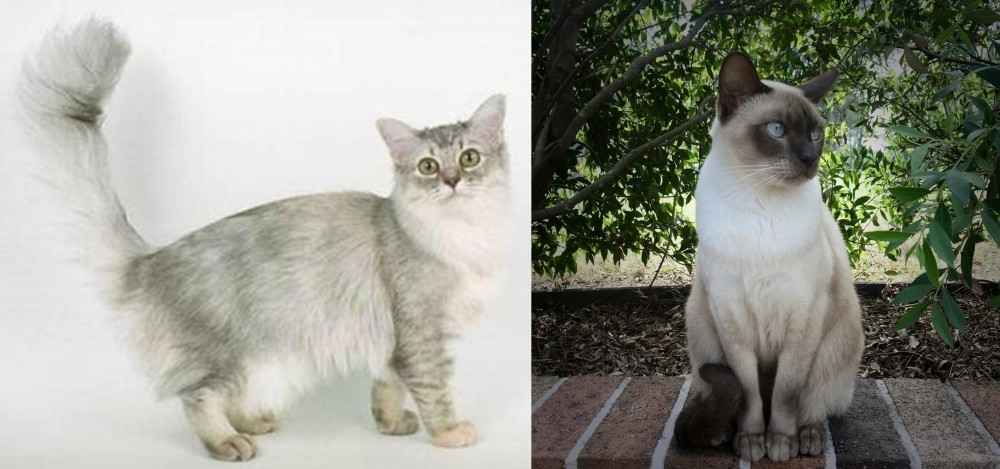 Asian Semi-Longhair is originated from United Kingdom but Tonkinese is originated from Canada. Both Asian Semi-Longhair and Tonkinese are having almost same weight. Asian Semi-Longhair may live 3 years less than Tonkinese. Both Asian Semi-Longhair and Tonkinese has same litter size. Both Asian Semi-Longhair and Tonkinese requires Moderate Maintenance.
Asian Semi-Longhair is originated from United Kingdom but Tonkinese is originated from Canada. Both Asian Semi-Longhair and Tonkinese are having almost same weight. Asian Semi-Longhair may live 3 years less than Tonkinese. Both Asian Semi-Longhair and Tonkinese has same litter size. Both Asian Semi-Longhair and Tonkinese requires Moderate Maintenance.
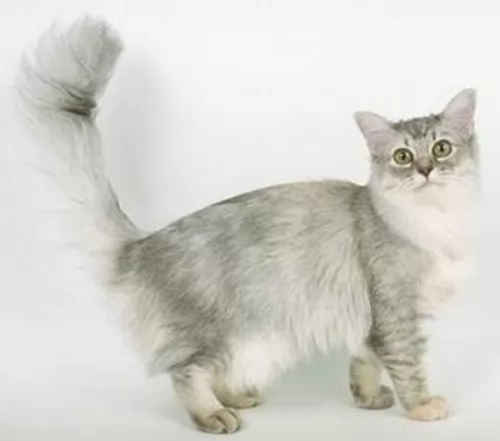 Similar to the Asian Shorthair, the Asian Semi-Longhair with its semi-long fur was developed in the UK in the 1980s and isn’t recognized by any U.S. registries.
Similar to the Asian Shorthair, the Asian Semi-Longhair with its semi-long fur was developed in the UK in the 1980s and isn’t recognized by any U.S. registries.
It is believed that the cat breed goes back to matings between the Chinchilla and Burmilla cats. This cat may not be recognized by any of the U.S. registries but it has recognition in the GCCF.
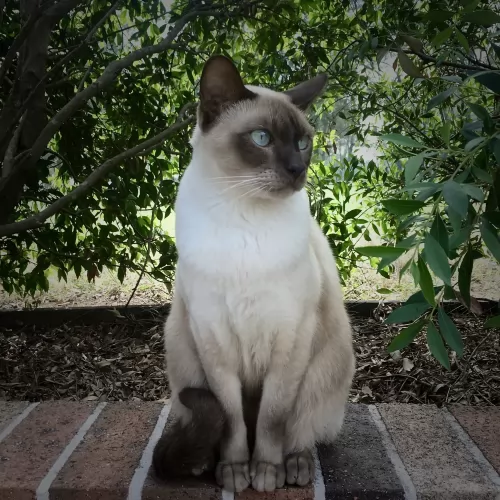 It was about in 1960 that a breeding program was established for these cats. The Tonkinese is a cat that hails from Canada and it was a certain Jane Batlett who was responsible for breeding this cat.
It was about in 1960 that a breeding program was established for these cats. The Tonkinese is a cat that hails from Canada and it was a certain Jane Batlett who was responsible for breeding this cat.
Also, Margaret Conroy, another breeder, set up her breeding program between a Burmese female with a Siamese. Both Conroy and Bartlett worked together on the breed and the Tonkinese came about. The Cat Fanciers Association recognized this cat breed in 1984.
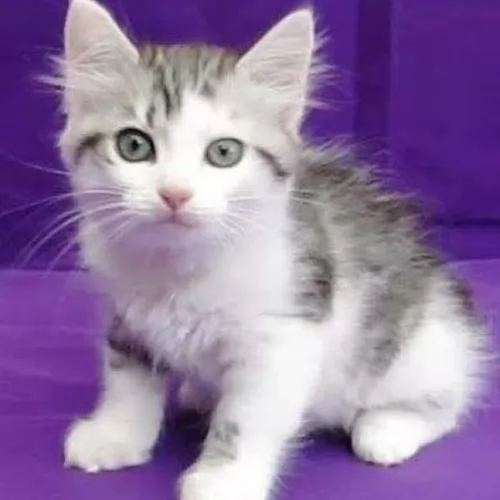 This beautiful cat is medium to large in size and can weigh up to 6 or 7kg. The body is compact, the face and eyes round with a slightly blunt snout. The ears are fairly small and pointed.
This beautiful cat is medium to large in size and can weigh up to 6 or 7kg. The body is compact, the face and eyes round with a slightly blunt snout. The ears are fairly small and pointed.
The luxurious silky coat comes in different colors and patterns such as black, brown, chocolate, blue and lilac, which happen to be the five main colors of this beautiful cat with his shiny green eyes.
The Asia Semi-Longhair is a gentle cat but curious and active. These are cats that become attached to their human owers and don’t like to share their humans with other cats.
They’re very talkative and they are therefore not the best breed to keep in an apartment. It’s also a cat that doesn’t like to be left on its own for long periods of time and will make a friend of children and other pets such as dogs if it means some companionship.
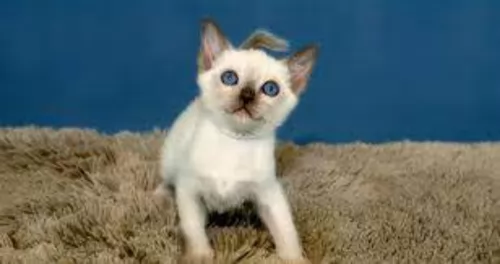 As a medium-sized cat, with a firm, muscular body, your Tonkinese will weigh between 2.5 – 6kg.The head is slightly rounded with fairly broad ears that are set wide apart.
As a medium-sized cat, with a firm, muscular body, your Tonkinese will weigh between 2.5 – 6kg.The head is slightly rounded with fairly broad ears that are set wide apart.
The eyes are bigger than the classic Oriental shape and can range from green to light blue in color.
The coat of the Tonkinese is short and close-lying and is soft and silky to touch. The mask, the ears, legs and tail are all darker than the body.
The Tonkinese cat breed is recognized by the Cat Fanciers' Association in 4 base colors - medium brown, champagne, blue and and platinum.
The Tonkinese cat, with one of its parents being the Siamese cat, just loves giving and receiving attention.
Active and social, he is an excellent choice for families with children and even other pets. They love just seeking out their human companions and lying down where they are.
They’re intelligent felines these, and you can even teach them some simple commands. Because of them being so very social, they don’t like to be left on their own – certainly not for the whole day while you go off to work.
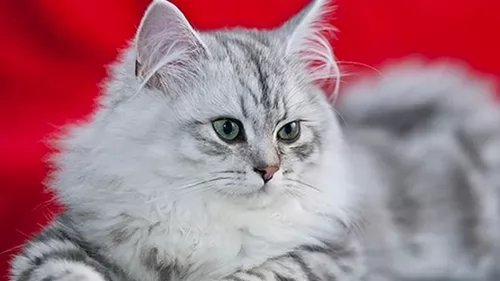 The Asian Semi-longhair is such a sociable, friendly cat and he loves his human family so much that he can’t bear to be separated from them. It is often referred to as being a dependent cat, as it absolutely hates being alone and does not want to be separated from the people he loves.
The Asian Semi-longhair is such a sociable, friendly cat and he loves his human family so much that he can’t bear to be separated from them. It is often referred to as being a dependent cat, as it absolutely hates being alone and does not want to be separated from the people he loves.
It’s not the type of cat to get if you work long hours and there is nobody else at home. It's the kind of cat that also gets on well with kids and dogs.
He is such a playful cat that even a yarn of wool will keep him amused for ages and he loves toys. For so much friendship coming from your feline friend, he deserves plenty of love and attention - after all, he is prepared to give you that.
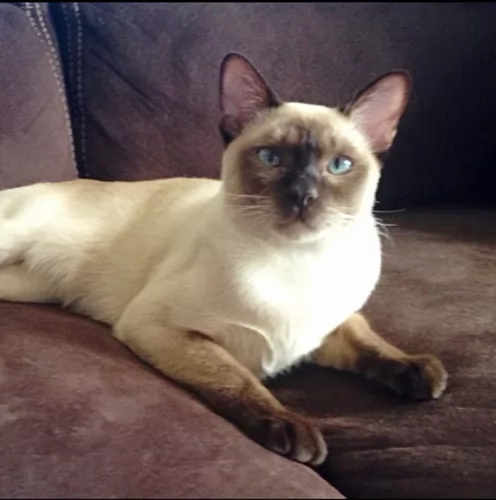 Tonkinese cats can be active and highly entertaining with their antics. When you laugh at them, they are encouraged to perform more.
Tonkinese cats can be active and highly entertaining with their antics. When you laugh at them, they are encouraged to perform more.
They are affectionate and intelligent cats and you will need to have toys for him. When he isn't playing, he likes nothing more than to be petted and pampered by his human family.
Your Tonkinese will get on well with children and other pets, and he generally makes a splendid pet for those who care well for him.
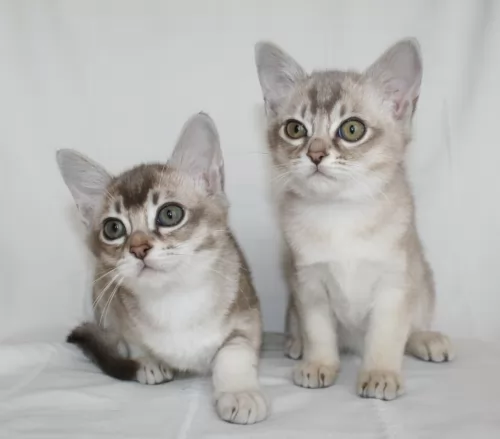 The Asian Semi-longhair is a robust cat, not prone to lots of health issues and he can reach up to 15 years of age.
The Asian Semi-longhair is a robust cat, not prone to lots of health issues and he can reach up to 15 years of age.
It doesn’t have any particular breed-specific diseases, but as with any cat, you want to be looking out for heart and periodontal diseases.
Also, hypokalaemic polymyopathy is a condition that results in muscle weakness and pain in your cat. The cause is low potassium and your pet's entire body can have muscle weakness.
Some other symptoms include being stiff, slow walking and an actual reluctance to walk. Some of the common causes of this illness include chronic kidney disease and poor diet.
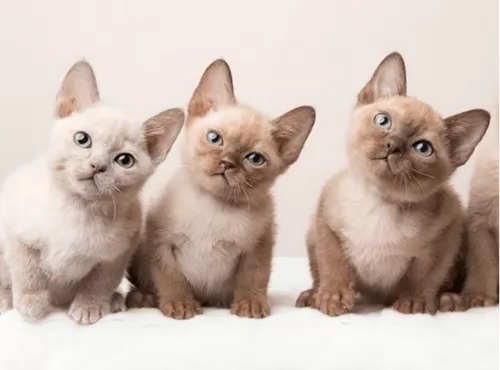 Tonkinese are generally healthy cats but they can be prone to eye problems such as gingvitis.
Tonkinese are generally healthy cats but they can be prone to eye problems such as gingvitis.
Because they are part of the Siamese family, they can succumb to some of the diseases that the Siamese battles with. These are asthma/bronchial disease, heart defects, lymphoma, and crossed eyes.
Lymphoma is linked with feline leukemia, a viral infection, and thankfully, more cats are being vaccinated for feline leukemia, so fortunately it is becoming less common.
Intestinal lymphoma affects the gastrointestinal tract and is the most common type of lymphoma in cats, being more common in older cats. Affected cats can suffer with weight loss, vomiting, and diarrhea. Get your cat to the vet as diagnosing this lymphoma will require the vet finding cancerous cells on microscopic examination.
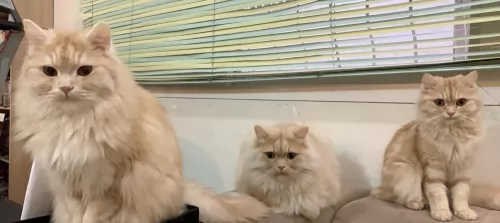 Your Asian Semi-Longhair will require regular deworming.
Your Asian Semi-Longhair will require regular deworming.
Keep your cat’s vaccines up to date.
The Asian Semi-longhair has moderate to long hair, and it’s a cat that sheds quite a bit so use a soft brush to brush the coat gently twice a week.
Have your cat spayed or neutered as this can prevent unwanted kittens. Not only this, doing this for your cat can be beneficial for your cat and bring out better characteristics in them. They no longer want to roam and mark territory. In the female cat it's the removal of the cat’s ovaries and uterus, and with the male cat, neutering is the removal of the cat’s testicles.
After this op, your vet will explain to you how to look after your recovering pet.
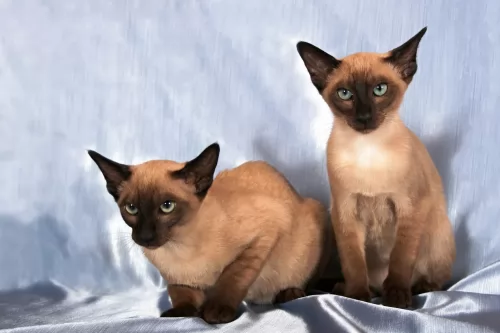 The Tonkinese has a short coat so a brush once a week will be sufficient for this cat as it just helps to brush away dust and loose hairs.
The Tonkinese has a short coat so a brush once a week will be sufficient for this cat as it just helps to brush away dust and loose hairs.
He will need a litter box and this will need to be kept spotlessly clean. Use a small rake, available from your vet or local pet shop, to rake up the cat’s feces.
When you first bring your Tonkinese cat home, you will at least need some of the basics to ensure his wellbeing. These are -
sleeping equipment – baskets or cushions in a nice warm, dry place for your cat.
A cat tree for climbing and a scratching post. Cats are natural scratchers so you can’t get angry with your cat for scratching. Instead, invest in a scratching post so that he doesn’t use your furniture to scratch on.
Food is such an important part of caring for a cat. The best type of cat food can ensure your cat has a strong immune system that allows him to not succumb to every cat sickness there is.
Cats are carnivores so ensure he has food high in meat. Sometimes it can be costly, but try to provide your cat with the best, most high-quality cat foods there are to ensure his good health and happiness.
A cat needs a constant supply of fresh, cool water night and day. The water should be changed regularly.